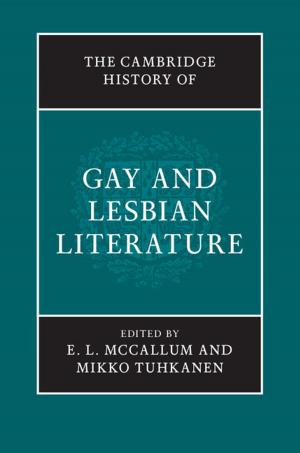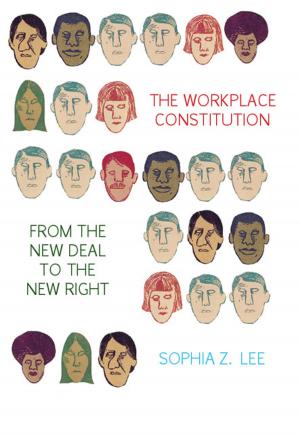Twentieth-Century Diplomacy
A Case Study of British Practice, 1963–1976
Nonfiction, History, British, Social & Cultural Studies, Political Science| Author: | John W. Young | ISBN: | 9780511736865 |
| Publisher: | Cambridge University Press | Publication: | November 20, 2008 |
| Imprint: | Cambridge University Press | Language: | English |
| Author: | John W. Young |
| ISBN: | 9780511736865 |
| Publisher: | Cambridge University Press |
| Publication: | November 20, 2008 |
| Imprint: | Cambridge University Press |
| Language: | English |
In contrast to most works of international history, which dwell on particular relationships, strategies, wars or crises, the questions in this book are about how diplomacy was actually conducted. The period 1963–76 saw significant changes in diplomatic practice globally. It was particularly a time of change for Britain as the country negotiated its declining world power and joined the European Community and economic problems forced spending cuts. Looking at the reform of the British Diplomatic Service and Foreign Office as well as the role of ambassadors, the use of 'special' envoys, summits and state visits, John Young sheds light on how diplomacy was organised in order to put into effect the country's foreign policy and on how diplomatic practice changed over time to make it more effective. Drawing comparisons with other countries, especially the United States, this study focuses on the means of diplomacy rather than the ends.
In contrast to most works of international history, which dwell on particular relationships, strategies, wars or crises, the questions in this book are about how diplomacy was actually conducted. The period 1963–76 saw significant changes in diplomatic practice globally. It was particularly a time of change for Britain as the country negotiated its declining world power and joined the European Community and economic problems forced spending cuts. Looking at the reform of the British Diplomatic Service and Foreign Office as well as the role of ambassadors, the use of 'special' envoys, summits and state visits, John Young sheds light on how diplomacy was organised in order to put into effect the country's foreign policy and on how diplomatic practice changed over time to make it more effective. Drawing comparisons with other countries, especially the United States, this study focuses on the means of diplomacy rather than the ends.















